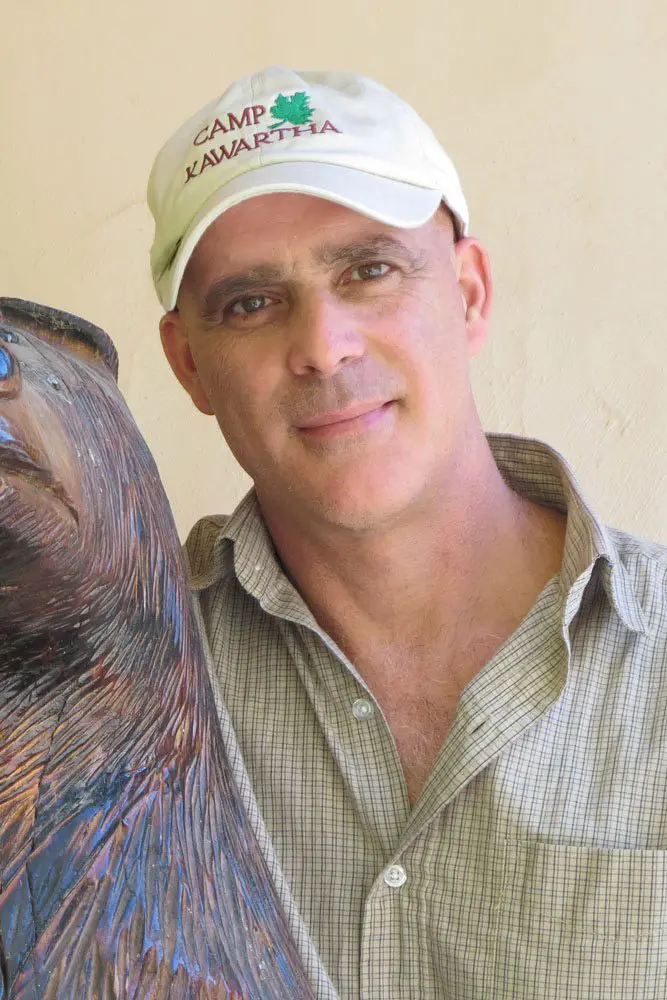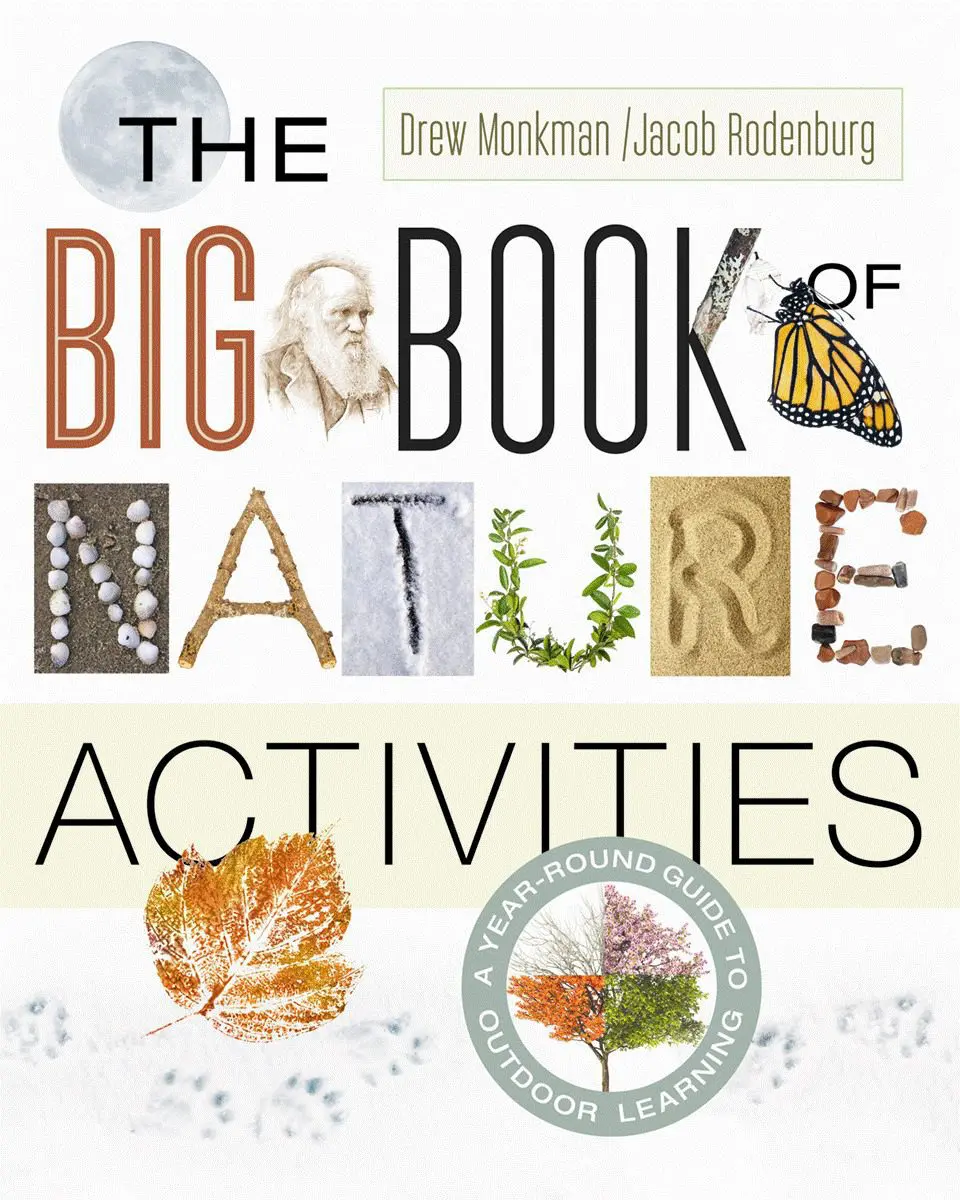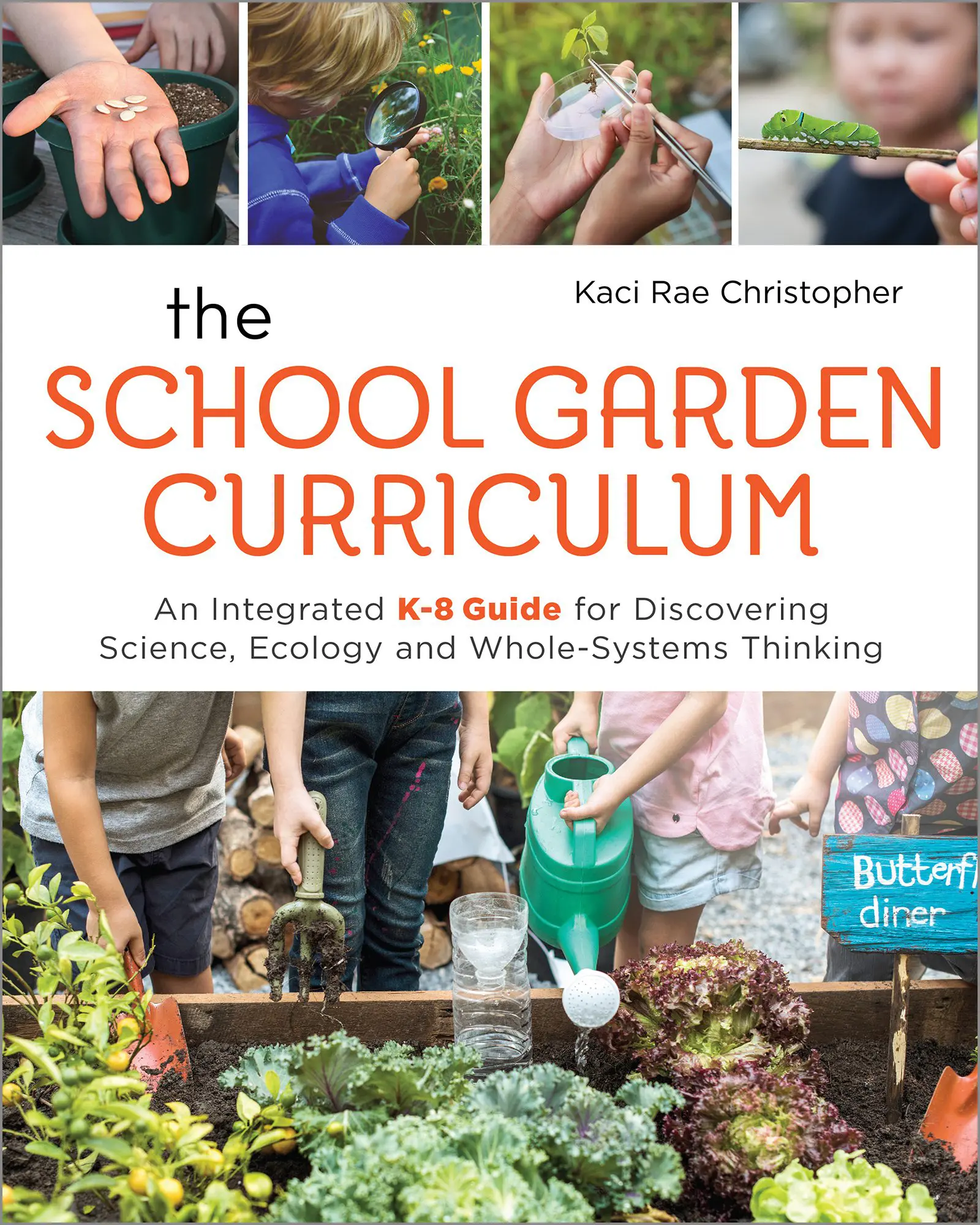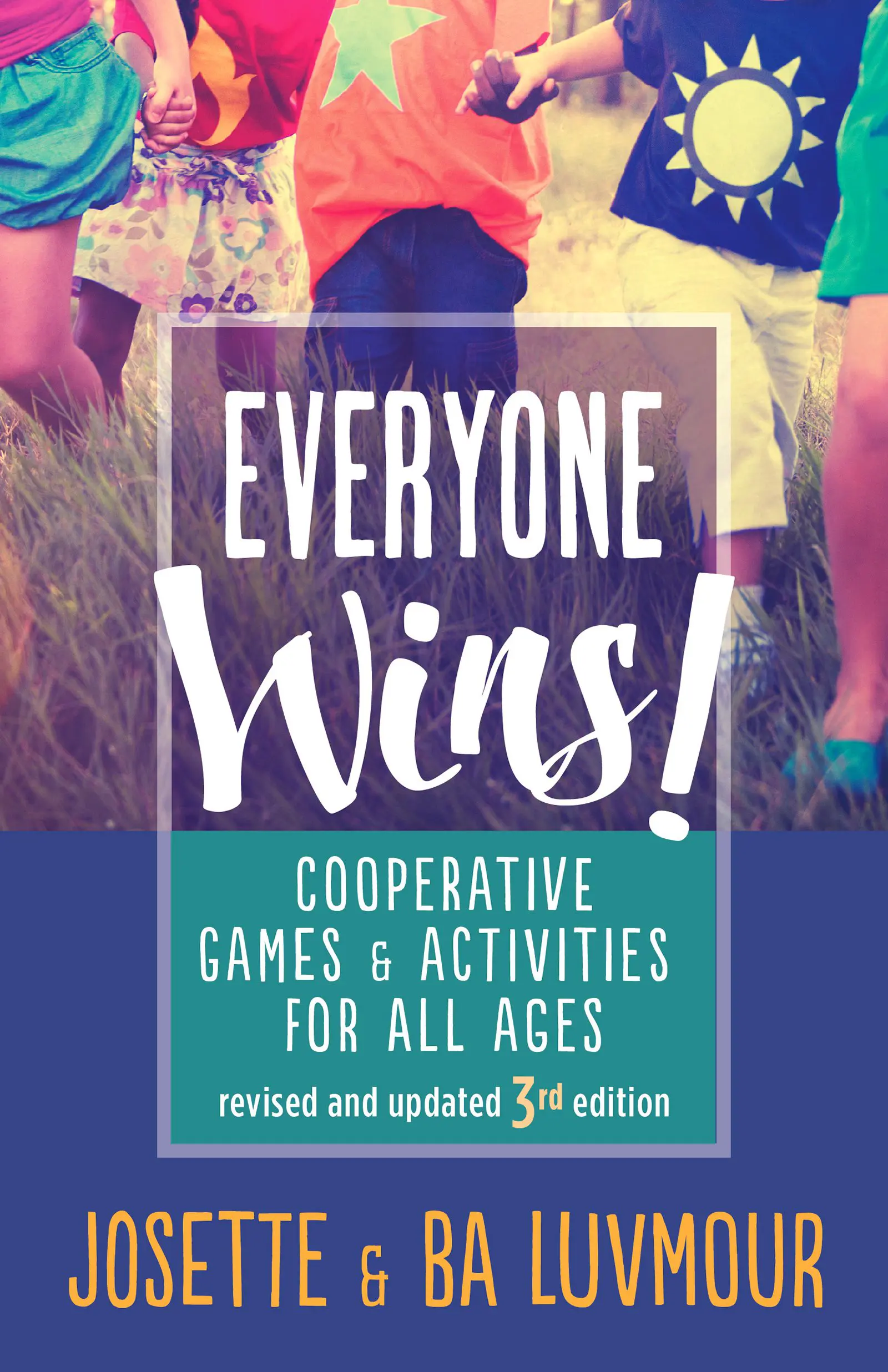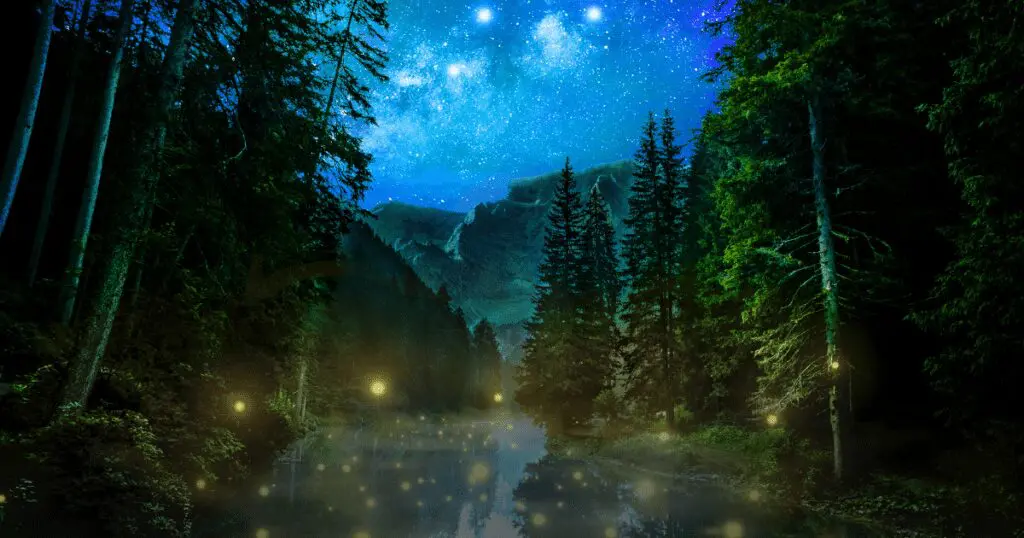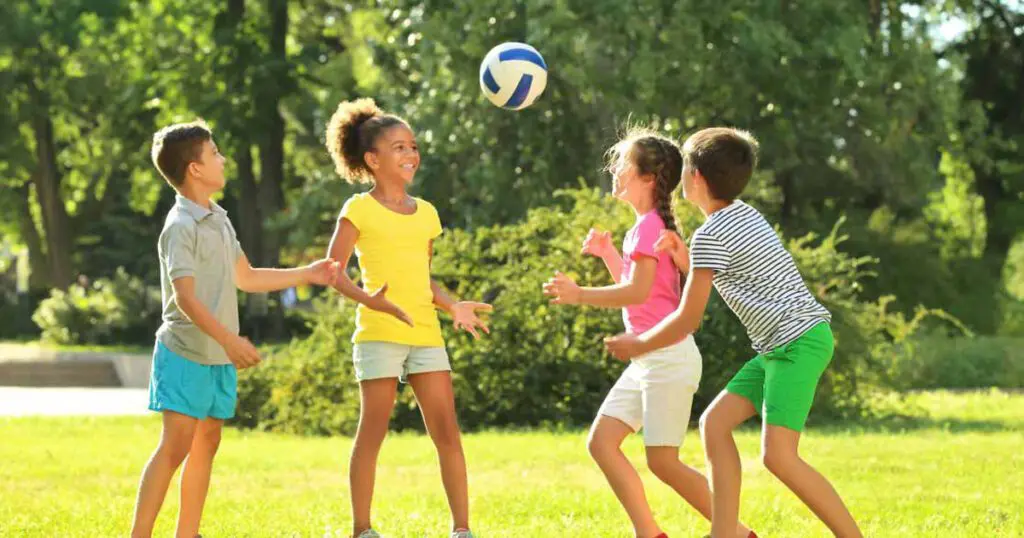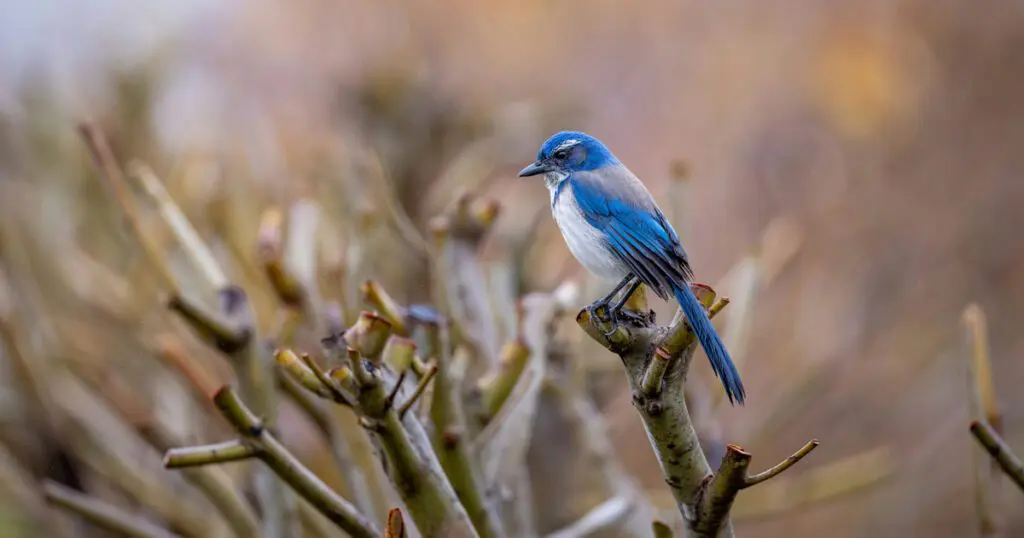
At one point, we all need to get up and take a break from reading. Even the most prolific readers eventually must stretch their legs. Why not learn while you exercise with this great activity from The Big Book of Nature Activities: A Year-Round Guide to Outdoor Learning? Fight the urge to stay inside all winter by looking to this book for ideas to get outside and learn.
The Big Book of Nature Activities is a guide to help parents, educators, and caretakers ensure children can explore the natural world. Today, we look at how the authors have adapted a nature scavenger hunt to work for winter. The winter scavenger hunt helps to teach children to think about and identify changes that many organisms undergo to help them survive winter.
Winter Scavenger Hunt
You’ll learn: That almost every characteristic of an organism is an adaptation that helps it to survive.
You’ll need: Scavenger hunt sheets, a pencil, and a clipboard.
Especially in winter, all living things need strategies to deal with the cold, dryness, and lack of food. Through millions of years of natural selection, they have evolved traits (adaptations) to help them survive this difficult season. Some of these are behavioral (e.g., insect-eating birds like swallows migrate south where food will be available), others physical (e.g., birds fluff up their feathers to trap pockets of insulating air).
Procedure: Visit an area with various habitat types, preferably including field, forest and wetland. Ask the children to try to find as many plant and animal adaptations to winter as possible from the following downloadable list. Encourage them to add other probable adaptations they see that are not on the list. The adaptation story for some items is explained. Then have the children provide their own ideas about what special adaptation(s) are associated with each item. Discuss the adaptations they found on their own.
With so much change to children’s routine, it’s more important than ever to ensure they are connecting and engaged. Connection is often thought of as connection to other humans, but it extends beyond that to everything in the natural world. Making sure to get out and explore can help make this winter break memorable, educational, and healthy!

